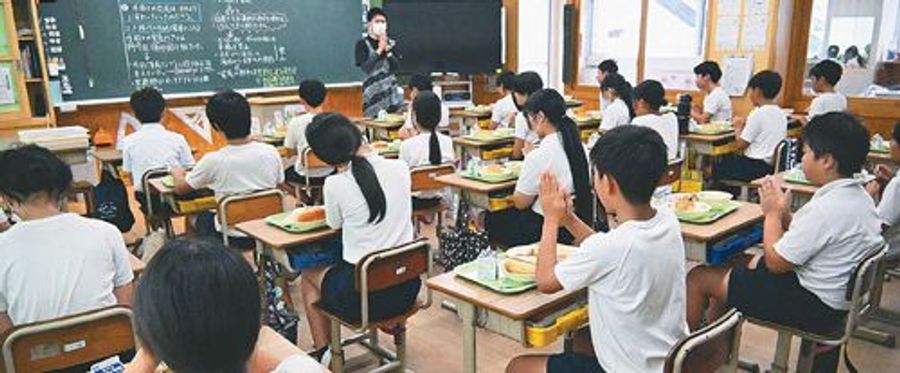A recent headline in Japan highlights a denial of providing free school meals, an option that various municipalities in the country have rejected. While public reactions vary, strong concerns link back to the nation's fiscal health, as well as the underlying socio-economic issues this decision could exacerbate. The decision, however, rests largely on local municipalities and their individual budgetary constraints.
In Japan, the issue of school meals is often viewed under the lens of holistic student care and wellbeing. It ties into broader debates over child poverty, nutrition, and welfare in society. Directing resources towards such schemes usually reflects a community's collective intent on fostering educational equity and reducing social disparities.
Similar debates occur within the US and EU. They revolve around the necessity for nutritional support for low-income families, and the role of school meals in providing this. Many developed nations, however, still maintain systems of free or subsidised meals in their schools, recognising the role of adequate nutrition in student performance and equity.

